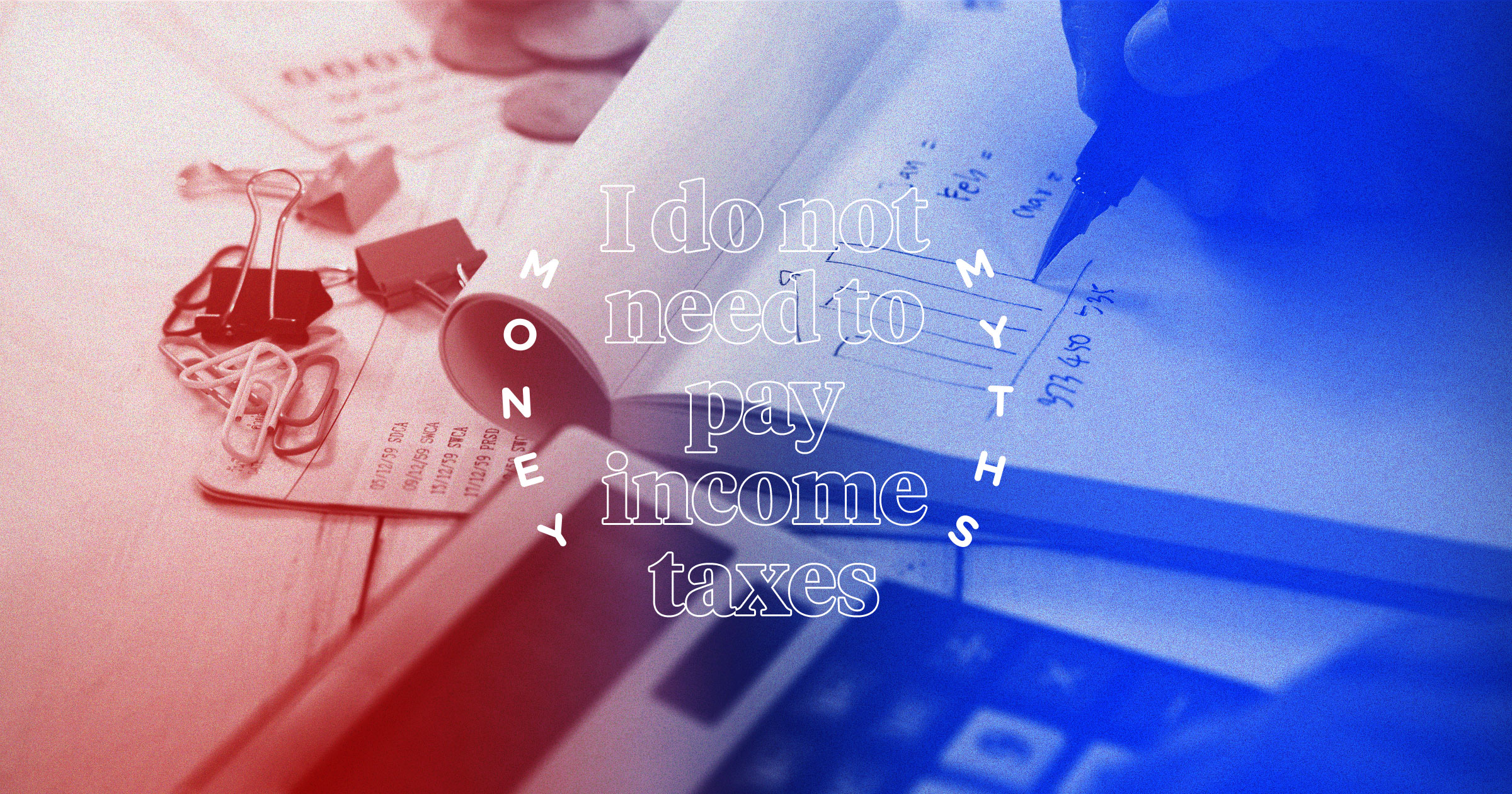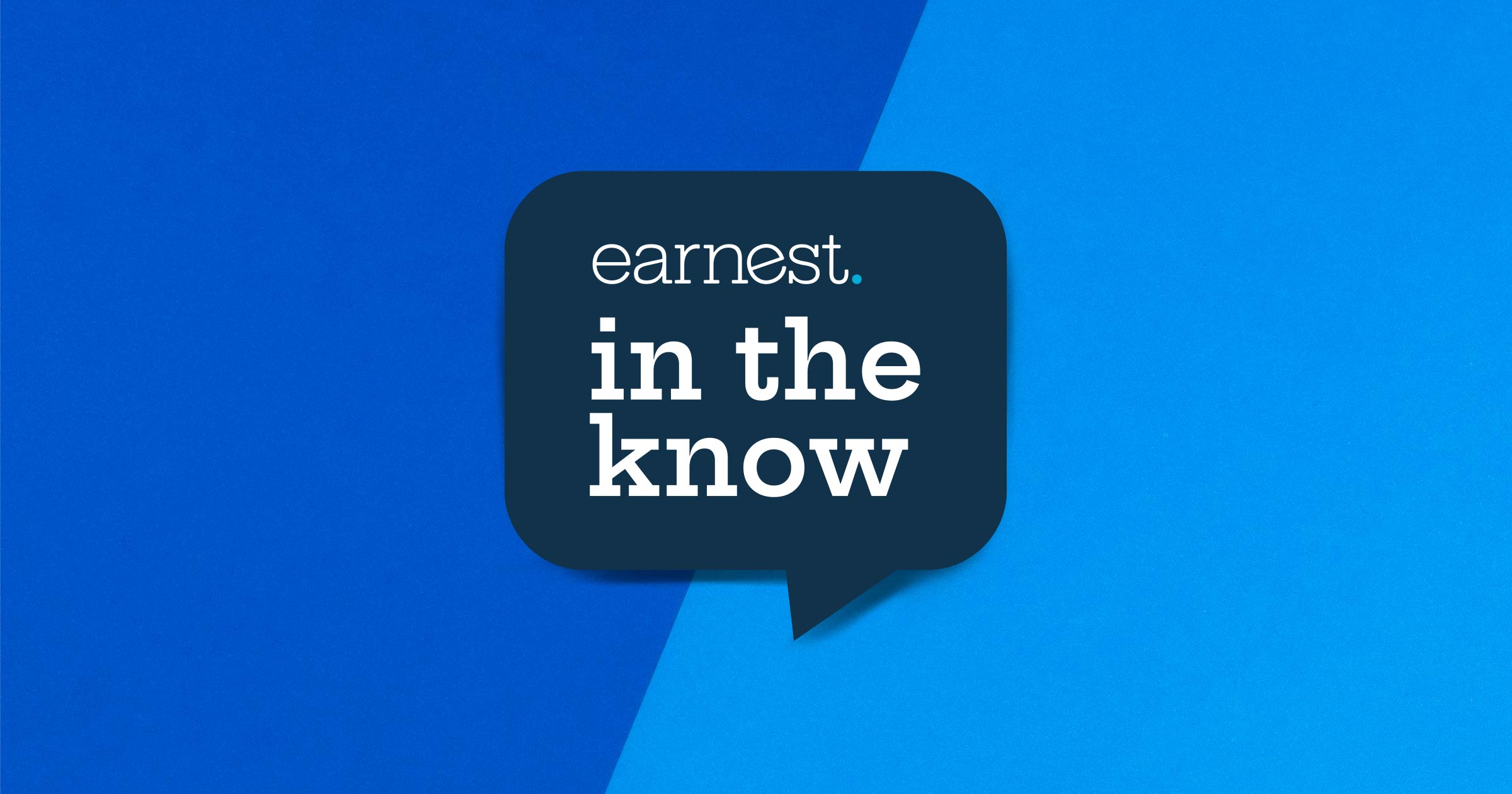The myth
Income tax is tax imposed on citizens getting any form of compensation. If you earned it from a legitimate source, you need to declare it to the Bureau of Internal Revenue (BIR).
There are a few who are exempted from paying income tax, under the new Tax Reform for Acceleration and Inclusion (TRAIN) or Republic Act 10963. Among them include those earning less than P250,000 annually, be it from regular, part-time, or contractual jobs.
Other exemptions include overseas Filipino workers who derive income from abroad, Filipino citizens who are abroad during the taxable year and receiving income in the country of residence, and winners of Philippine Charity Sweepstakes Office (PCSO) lottery prizes below P10,000 in value.
Why do people believe it?
Many Filipinos are still unemployed or underemployed and are earning below the P250,000 annual income threshold that would make them eligible for taxation.
Not having a steady income and the lack of appropriate government assistance, creates negative perception towards paying taxes.
On the other hand, there is a growing trend among the educated middle class to pursue additional income through freelance work. This type of work are mostly offshore projects and are not automatically subject to taxation.
Also, government does not have the right facilities to track all financial transactions between freelancers and their clients, which only emboldens some to avoid paying taxes all together.
Risks of believing this myth
Not paying taxes has its corresponding penalties. Failure to file income tax returns is a criminal offense and carries the same weight as tax fraud.
The BIR imposes fines depending on the unpaid amount (25% to 50% of tax due) with additional imprisonment of one year up to 10 years.
Verdict: False.
Unless you fall under the list of exemptions set by the BIR, you are still obligated to pay proper taxes. Freelancers are not exempted.


